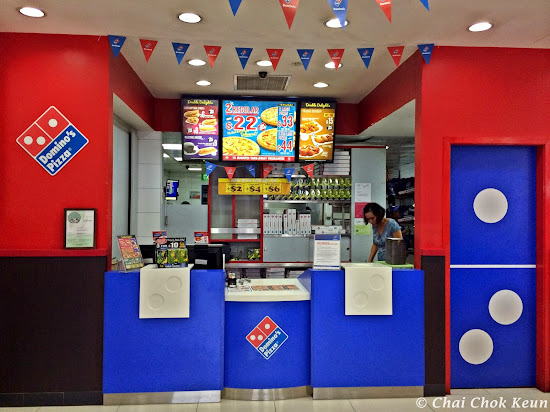Renri (人日) and the Tradition of Yu Sheng Tossing (Lo Hei)
Today is renri (人日), which is the 7th day of Zhenyue (正月, also known as the 1st Lunar Month).
According to the Chinese legends, nüwa (女媧) is the goddess who created the world. She created the animals on different days, and human beings on the seventh day after the creation of the world.
First of zhengyue: Chicken
Second of zhengyue: Dog
Third of zhengyue: Boar
Fourth of zhengyue: Sheep
Fifth of zhengyue: Cow
Sixth of zhengyue: Horse
Seventh of zhengyue: Human.
Hence, Chinese tradition set the first day of zhengyue as the "birthday" of chicken, the second day of zhengyue as the birthday of dog, etc. And the seventh day of zhengyue is viewed as the common "birthday" of all human beings.
Renri is celebrated as part of Chinese New Year, which most Chinese will prepare lucky dishes - Seven-vegetable dish (七样菜 ), Seven-vegetable soup (七菜羹), Seven-vegetable congee (七菜粥), or Jidi congee (及第粥). However, in Singapore and Malaysia, the Chinese usually consume the Seven-colour Yu Sheng (七彩鱼生) instead on this day.
The Yu Sheng consists of slices of raw fish (commonly salmon), mixed with shredded vegetables - green and white radish, carrots, capsicum, turnips, red pickled ginger, sun-dried oranges, key lime leaves, Chinese parsley, chilli, chopped peanuts, toasted sesame seeds, crackers and a variety of sauces and condiments like plum sauce, five spice powder, sesame oil.
According to the Chinese legends, nüwa (女媧) is the goddess who created the world. She created the animals on different days, and human beings on the seventh day after the creation of the world.
First of zhengyue: Chicken
Second of zhengyue: Dog
Third of zhengyue: Boar
Fourth of zhengyue: Sheep
Fifth of zhengyue: Cow
Sixth of zhengyue: Horse
Seventh of zhengyue: Human.
Hence, Chinese tradition set the first day of zhengyue as the "birthday" of chicken, the second day of zhengyue as the birthday of dog, etc. And the seventh day of zhengyue is viewed as the common "birthday" of all human beings.
Renri is celebrated as part of Chinese New Year, which most Chinese will prepare lucky dishes - Seven-vegetable dish (七样菜 ), Seven-vegetable soup (七菜羹), Seven-vegetable congee (七菜粥), or Jidi congee (及第粥). However, in Singapore and Malaysia, the Chinese usually consume the Seven-colour Yu Sheng (七彩鱼生) instead on this day.
The Yu Sheng consists of slices of raw fish (commonly salmon), mixed with shredded vegetables - green and white radish, carrots, capsicum, turnips, red pickled ginger, sun-dried oranges, key lime leaves, Chinese parsley, chilli, chopped peanuts, toasted sesame seeds, crackers and a variety of sauces and condiments like plum sauce, five spice powder, sesame oil.
 |
| Home prepared Yu Sheng, where ingredients are used according to own preference |
When eating Yu Sheng / Lo Hei, which means "tossing up good fortune" in Cantonese, people will usually read out auspicious phrases when adding each ingredients to wish for the year's good fortune. When eating out at restaurants, the waiter or waitress will do the needful, however, it is now common to have the Lo Hei (捞鱼生) in hawker centres, as home delivery, or even making own's Yu Sheng, so you may wonder what to read out? For this reason, Infographics.sg, and ladyironchef have come up with the below festive infographic to guide you through on the appropriate auspicious phrases to read out during Lo Hei.


Comments
Post a Comment